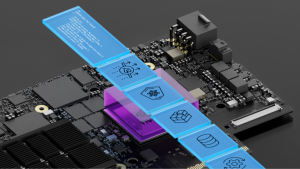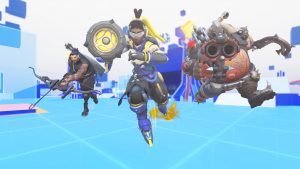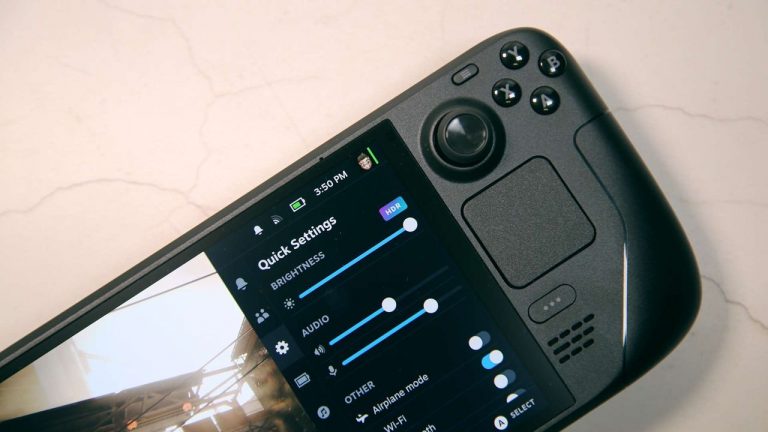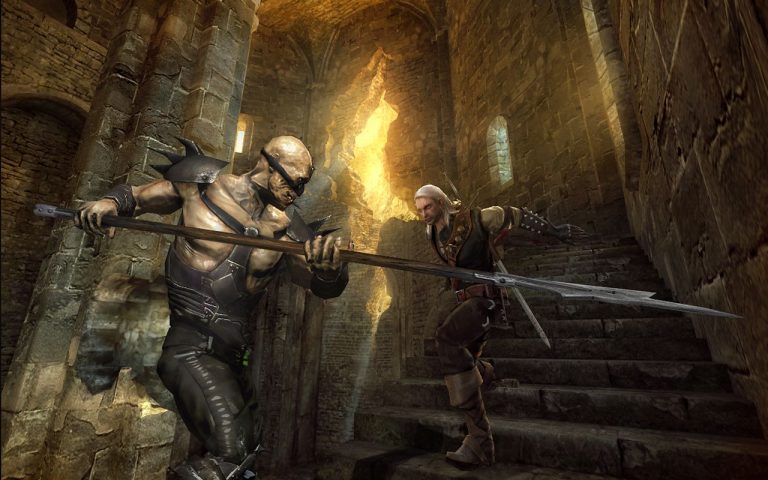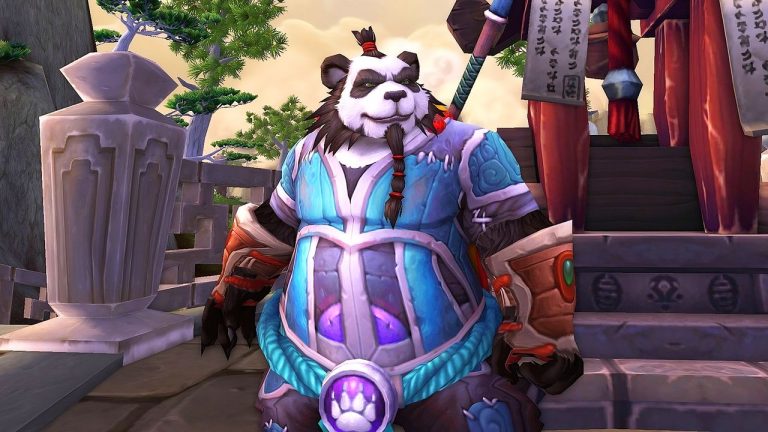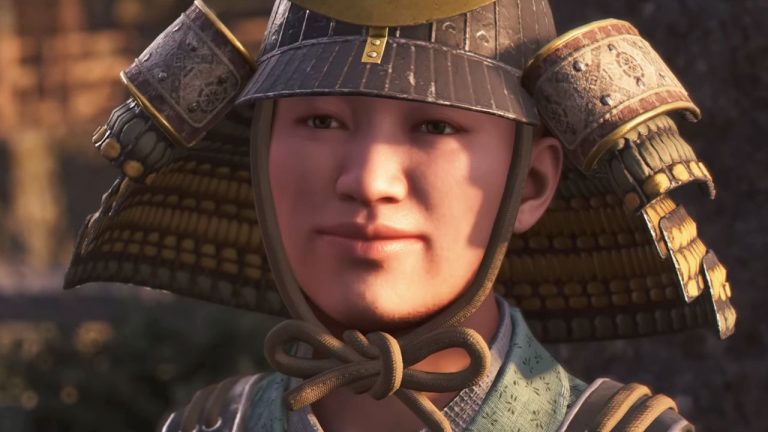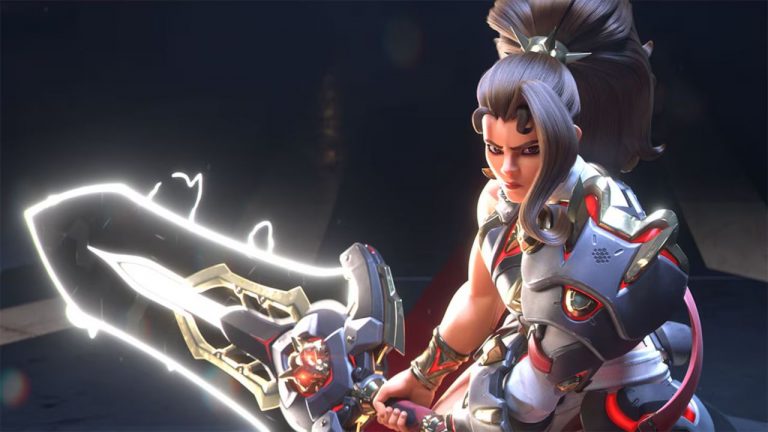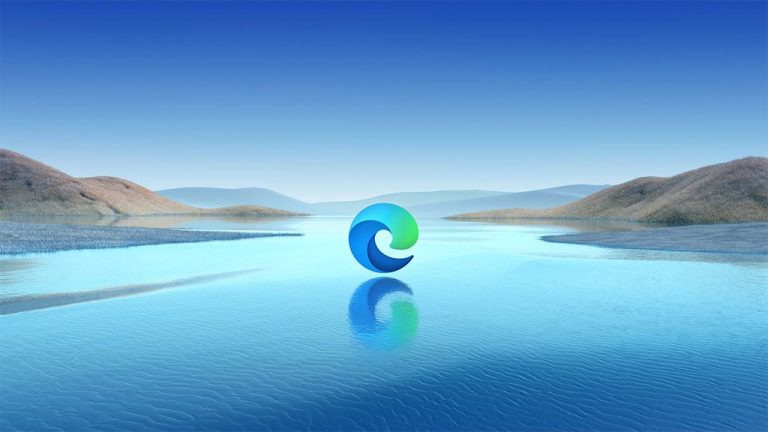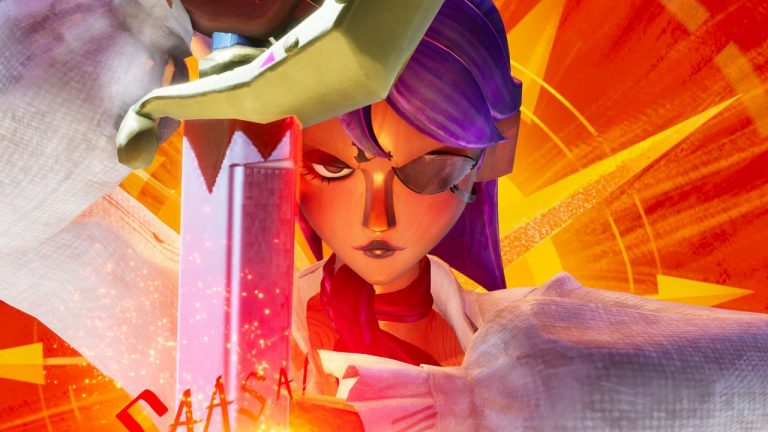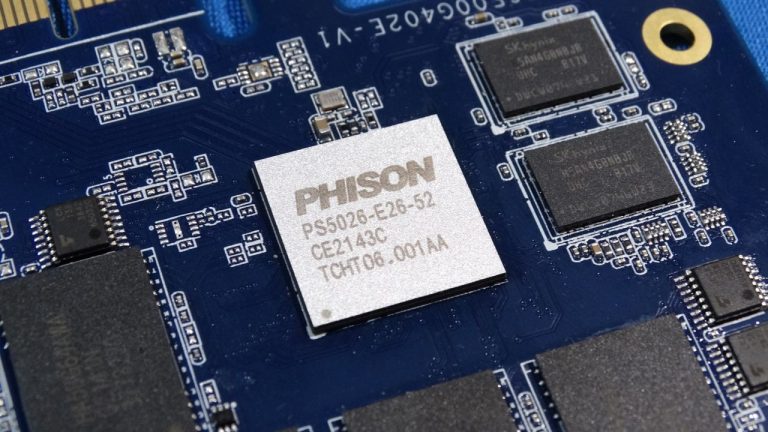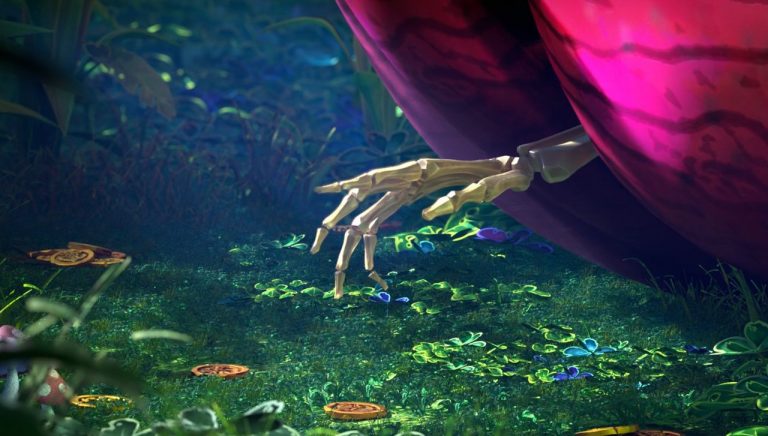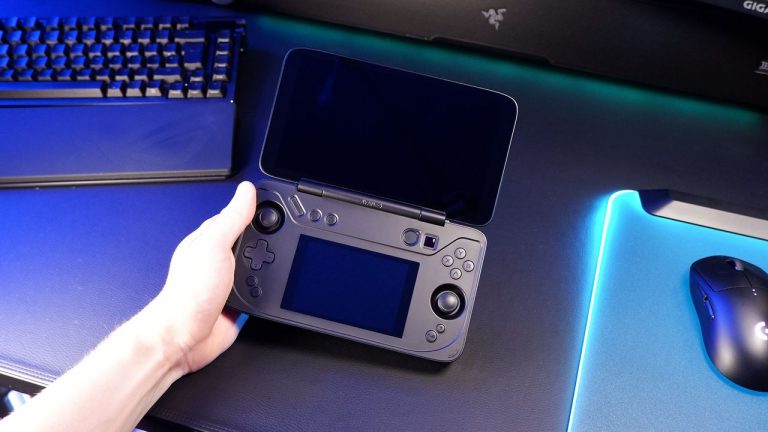Helldivers 2 is a massive success, and while that’s come at a cost—former Arrowhead CEO Johan Pilestedt, who’s now moved into a mainly creative role, told GamesIndustry that they received “horrifying” threats from some players—it’s also helped inspire some major ambitions for the future of Arrowhead. Pilestedt isn’t looking to take the studio public, though, but he does have hopes that it could one day become “the next FromSoftware or Blizzard.”
Among many other things, that will mean adapting to the spotlight. For the most part, Pilestedt says that interactions with the community have been positive, but it hasn’t been perfect, of course: Concerns about game balance are something the studio has recently resolved to address, and of course there was the big mess with the post-launch requirement to sign up for a PSN account, which cost a lot of goodwill.
Pilestedt said the studio had some experience with managing that sort of crisis thanks to its previous releases, including “the horrible launch of Magicka” in 2011. “Me and Shams [Jorjani, Arrowhead’s new CEO, who was an associate producer on Magicka] recognised that we had to interact with the community, talk to them in an honest way, and tell them what’s going on as much as we could. And then take action immediately to resolve the issues.” But, he added, that was “a much smaller scale. It is higher stakes this time.”
That massive increase in the size of the player base has inevitably led to an increase in difficulties managing the crowd. “The big difference now, which is horrifying, is the amount of threats and rude behaviour that people in the studio are getting from some really shitty individuals within the community,” Pilestedt said. “That’s something new we have to deal with.”
Jorjani believes some of that toxicity arises from Arrowhead’s approach to making games: The studio’s motto, emblazoned in large letters on its website, is literally “A game for everyone is a game for no one.”
“I think it’s one of the big reasons that Helldivers 2 has been so successful,” Jorjani said. “It feels fresh because it does a lot of unpopular stuff.
“When you hit this big, much bigger than anyone thought—Sony, us, everyone—what happens is the game finds an audience outside of that niche fan group. So you get this amplification of different voices. Almost all games have a bit of toxicity in the community, but with these big numbers you just get so many.”
To help reduce that influx of toxic behavior, Jorjani said—very diplomatically—that Arrowhead needs to “work with the community to get them to self-moderate, give people the tools to speak with each other in a positive fashion, so we can keep talking to the players openly. The more voices being added to the choir does add complexity.”
I’m not convinced it will be quite that simple: It makes me think of the situation at Destiny 2 developer Bungie, which was forced to cut back on its previously very open interactions with fans because of an uptick in serious threats to its employees. Arrowhead hasn’t yet taken such a drastic step at this point, nor has that uptick in hostility dampened their enthusiasm for the future—in fact Pilestedt said “the ambition level and appetite of the organisation has grown significantly.”
“I want to see how high we can fly,” Pilestedt said. “And bringing Shams on board, we have a good potential to realise that future of turning into the next FromSoftware or Blizzard.”
“We really want to turn Arrowhead into a flagship studio, where people who want to make these kind of games say to themselves, ‘I want to work at Arrowhead’,” Jorjani said. “When we were growing up, we really wanted to work at Blizzard, it was one of the bucket list places to work at. I think Arrowhead has the potential to be that.”
FromSoft and Blizzard are obviously very different studios and, in Blizzard’s case at least, for many employees the dream did not live up to reality. But it’s really more of a philosophical aspiration: Jorjani said there are no plans to go public, and growth, will be “a means to an end, not as an end itself … Measured growth that allows us to make amazing game and be a good place to work.”
“We don’t run the business for monetary gain,” Pilestedt said. “The humbleness and the desire to just make great games is the only reason we exist.”

